Michelle was 28 years-old. Her mother Ingrid von Hunnius says she was “bright and intelligent” after graduating with a masters degree in Biochemistry.
Ingrid recalls the night they stayed up until the early hours of the morning partying before Michelle left for a trip abroad to work in India.
She then points to a photograph of Michelle on the mantelpiece. Ingrid’s next words are heartbreaking: “Six months later, she was dead.”
Michelle died by suicide after overdosing on pills prescribed to treat her depression when she returned home from India.
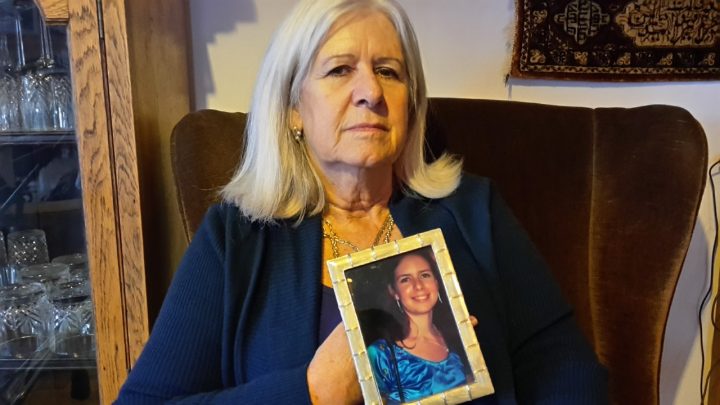
It was then that Ingrid’s “hugely traumatic” experience began.
“The pain was intense, severe and all-consuming. It’s tsunamis of grief.
“It felt like somebody had hit me in the solar plexus. It stunned me really. You go beside yourself. You’ve never really experienced anything like it. I think you get put onto the baseline of survival,” she says.
Ingrid explains she felt isolated and lost in society, depressed by the stigma that faces those who are bereaved by suicide.
“I find that with the general public or with friends I can’t fully express myself because she’s still part of me. I don’t bring her up because people don’t talk about bereavement by suicide,” she says.
With no postvention support, Ingrid was then left feeling suicidal.
“I had this sense that I was walking around this dark hole and I could just slip into it. One day it occurred to me that if I took a lot of tablets I could get into that dark hole, because I thought Michelle was in there,” she says.
New report
Now, the Health Select Committee has recommended new after-care measures for those like Ingrid – the forgotten survivors of suicide.
This follows their four-month inquiry into suicide prevention. The committee’s interim report, released in December, suggests more primary and secondary support for those bereaved by suicide.
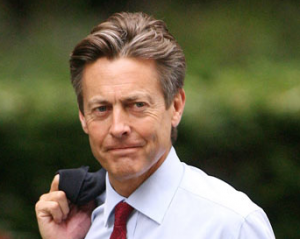
Labour MP Ben Bradshaw was part of the inquiry and says those bereaved by suicide are “left to fend for themselves”.
“We (the Health Select Committee) feel very strongly that there’s not enough support for families. There’s not a consistent enough approach across the country in the way that families are helped and supported,” he says.
The full report will be released at the end of this month with complete details of the support the committee recommends.
The committee’s MPs are not alone in feeling there’s not enough support. According to an exclusive survey carried out by this investigation, a resounding 97% of people don’t think families bereaved by suicide are given enough help.
It felt like somebody had hit me in the solar plexus. It stunned me really. You go beside yourself. You’ve never really experienced anything like it. I think you get put onto the baseline of survival”
The statistics
The Samaritans say a person takes their own life every 90 minutes in the UK. After suicide, the Office for National Statistics found that between six and ten ‘survivors’ are left behind, meaning up to 61,000 people are bereaved by suicide every year.
Those loved ones are three times more likely to take their own lives – according to the Centre for Suicide Prevention.
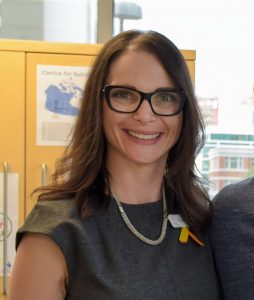
Mara Grunau is the Executive Director at the centre, which is based in Canada. She says “postvention is critical prevention” and explains those bereaved by suicide feel “shunned” in society.
A new system
Shirley Smith was bereaved by the loss of her “normal, bright and witty” 19-year-old son Daniel to suicide in 2005.
She believes the new report is a “huge step” in bringing suicide postvention into the forefront of the political spectrum. However, she’s wary that the report could be “just noise”.
Shirley found herself without enough postvention support, so she founded the charity ‘If U Care Share‘.
The Durham-based foundation has now pioneered a new system in England to help those who are bereaved by suicide.
Working closely with Durham Police and the local health trust, they provide a 48-hour service to the survivors left behind after a suicide in the area, helping them with everything from emotional support to the coroner’s inquest.
Since it started in September 2014, the service has helped 94 people to get through the aftermath of their tragedy.
Shirley believes her charity’s system is “critical” for those who have lost a loved one through suicide and says it should be funded nationwide.
We (the Health Select Committee) feel very strongly that there’s not enough support for families. There’s not a consistent enough approach across the country in the way that families are helped and supported”
MP’s perspective
Durham’s Labour MP Kevan Jones believes similar arrangements to the ‘If U Care Share’ system will need to be put in place if the newly proposed support is to work.
He thinks the report is a “very important” step in the right direction and stresses there needs to be “clear pathways” for those bereaved by suicide to get support.

Liberal Democrat Shadow Health Secretary Norman Lamb agrees there should be a consistent national support network in place. He says current services are “wholly inadequate”.
Mr Lamb had his own experience with being bereaved by suicide after the loss of his sister in 2015.
He believes it’s “incredibly important” that the government fund new support services and allow third-party voluntary organisations to run them.
“Ensuring that someone has access to counselling and support is critical,” he says.
“Lip service”
Suicide attempt survivor Paul Scates believes the new Health Select Committee report is “vague”. He’s concerned it will simply be “lip service”.
Paul is a mental health expert and works alongside the NHS supporting people suffering with mental health conditions, including those bereaved by suicide.
He believes we are currently “letting people down” when they are “left with nothing”.
As well as the Health Select Committee’s inquiry into suicide, Public Health England released their guide to providing local services to those bereaved by suicide this week and Prime Minister Theresa May said the government will tackle suicide last Monday.
There is potential for change, but for now we will have to wait and see if the government will act and provide more after-care for the forgotten survivors of suicide.
View the full article here: https://www.docdroid.net/ony3CRc/luke-hastings-the-forgotten-survivors-layout-pdf.pdf.html
Explore more from The Forgotten Survivors –
Video – From Maytree suicide sanctuary.
Audio – From suicide survivor Jonny Benjamin.
Survey – See the results of this investigation’s exclusive survey.
Interactive content – Including a timeline, infographic and galleries.
Help – If you need support, you can can any of these organisations for help.
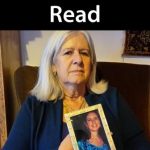
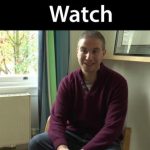

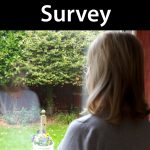
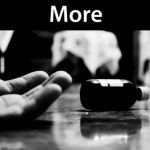

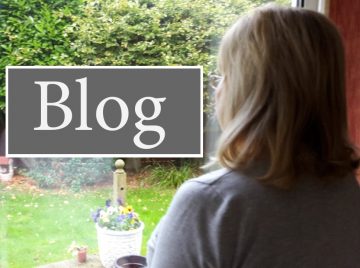
Leave a Reply